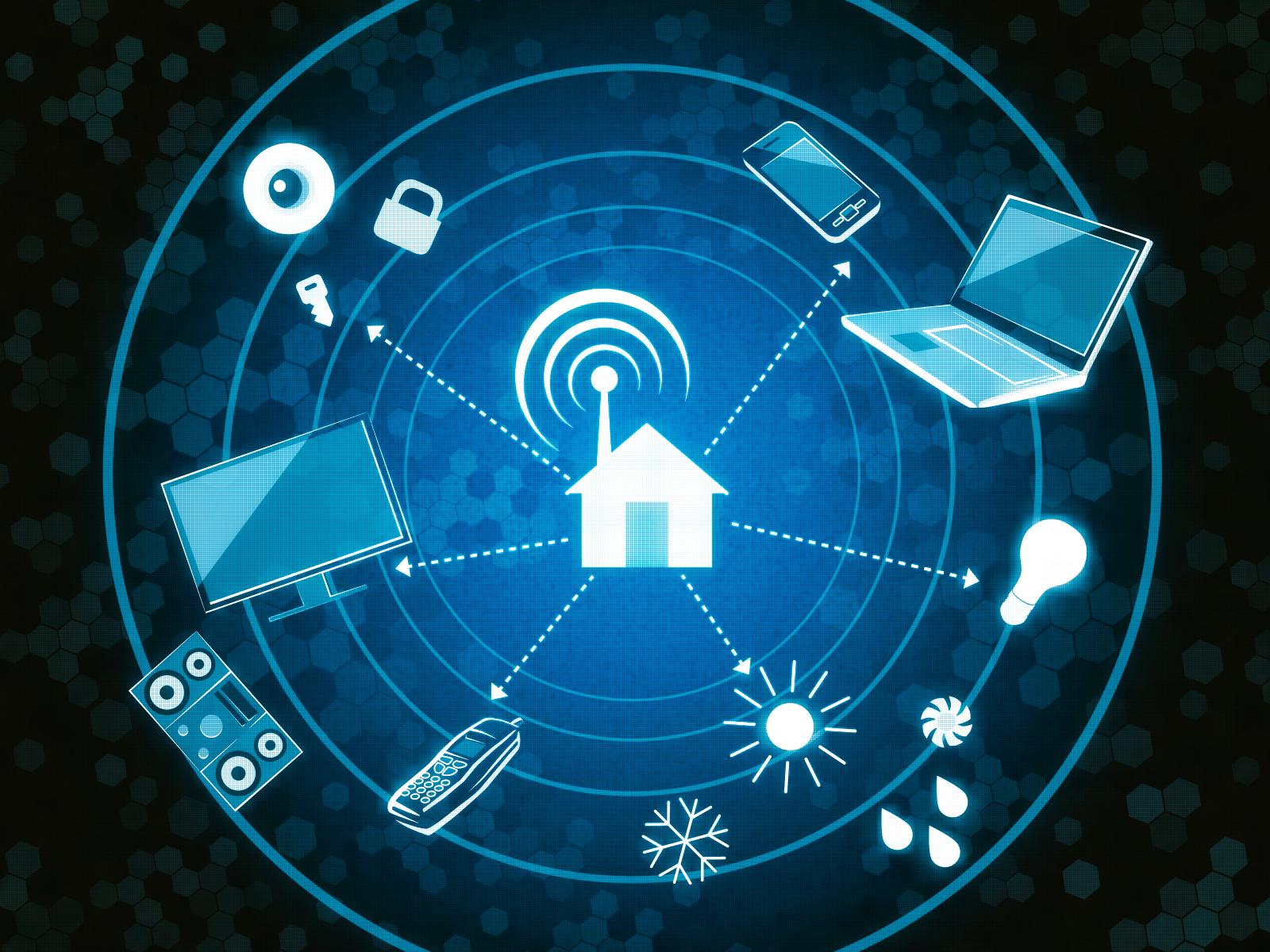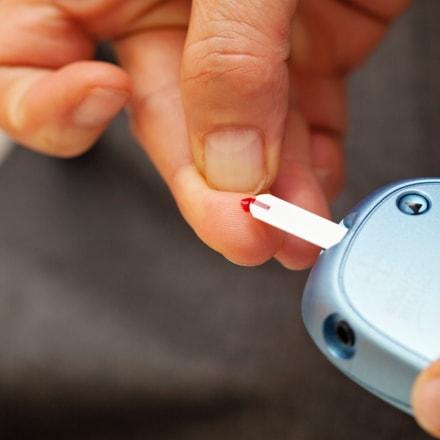Sherrod Foundation Blog
Donate Now
This online workshop is designed to provide teenagers and adults with knowledge that can improve their financial security and protect their families.
It focuses on a hot topic that negatively affect our community, finances, security and financial independence. Someone is a victim of identity theft every 3 seconds.

Excessive daytime sleepiness affects about 1 in 5 Americans according to a 2019 study by the National Institute of Health. The study found that Americans experience significant effects on their mood and physical health due to feeling sleepy an average of three days a week. Your body may be trying to tell you that you are not getting enough sleep. It may be raising red flags that require your attention. You must recognize these red flags and implement actions that will ensure you get an effective night’s sleep. In some cases, excessive sleepiness may be due to a sleep disorder or another underlying health condition so speak with your doctor before taking action. Sleep plays a critical role in memory, helps to ensure a strong immune system, and helps the body repair itself. It’s normal to feel sleepy on occasions, especially after a long day, but frequent days of sleepiness are a real concern and can have significant effects on your life. “Car accidents or getting fired from work are examples of what happens if you don't deal with excessive sleepiness” So, what are the symptoms of excessive sleepiness? Trouble staying alert Feelings of irritation Memory problems Trouble focusing Difficulty making decisions Slower reaction times fatigue Tips for dealing with excessive sleepiness? Eat a healthy, balanced diet Limit nighttime snacking before bed Limit caffeine and alcohol intake Limit electronics 2 hours before bedtime Exercise regularly Create a relaxing sleep environment Keep a consistent sleep schedule Reduce your stress Tip 1 – Eat a healthy diet: Having too many calories or fat in your diet may make it harder to get enough sleep, as do diets lacking key nutrients like calcium, magnesium, vitamins A, C, D, and E. Some foods reduce inflammation and soreness, which helps you get to sleep. Tip 2 – Limit food intake before bedtime: You should avoid large meals before bed. Your body will be hard at work digesting food instead of repairing the body and other key functions that occur during sleep. Make sure you avoid these foods before bed. Sweets and Excessive Carbohydrates Fatty, Spicy, and Acidic Foods Caffeine and Alcohol If you must snack before bed then try one of these items that will help you sleep. Banana with Almond Butter Protein Smoothie Oatmeal Fruit Nuts and Seeds Yogurt Tip 3 - Limit caffeine and alcohol intake: Avoid consuming nicotine and caffeine in the hours leading up to bedtime. These stimulants can keep you feeling alert when it’s your normal time for sleep. Alcohol can also be problematic for sleep. Many people think drinking helps sleep because of alcohol’s sedative properties, but you may experience sleep fragmentation as your body processes and breaks down the alcohol. Tip 4 - No electronics 2 hours before bed: Televisions, computers, cell phones, and other electronic devices emit a blue light that can interfere with sleep. For best sleep results, keep these devices out of your bedroom at all times. Tip 5 - Regular exercise: Moderate exercise in the morning or early afternoon can help you wind down and fall asleep more easily at night. The official guideline is to get 150 minutes of moderate-intensity exercise per week. Mix cardio and weight-bearing exercises. Cardio exercise is known to reduce blood pressure, which in turn can help you relax. Tip 6 - Optimal bedroom atmosphere: Your bedroom should have a relaxing effect when you are ready for sleep. You should keep the lights dim and reduce exposure to outside noise. A comfortable temperature is also key; experts generally recommend 60 to 67 degrees, though 65 degrees is considered the ideal. Tip 7 - Strict sleep schedule: Go to bed and wake up at the same time each day. This includes on the weekends and when you’re traveling or on vacation. Tip 8 – Reduce your stress: Breathing and meditation exercises can help to relieve stress. A good breathing method can change your mood and have you more relaxed within minutes, which can help you sleep better. We seem to schedule everything else, so why not schedule some time for you. Take time to do things that you enjoy doing such as a hobby, bike riding, walking, reading a good book, or having lunch with a friend. When we take care of our health and happiness, we become better friends, spouses, and parents. Get outside and enjoy the sunshine. Sunshine boosts the hormone serotonin which can have a positive effect on mood. Summary The bottom line is you can control getting better sleep by incorporating exercise, eating a healthy diet, and limit negative effects 2 hours before bedtime. These actions can improve our mood and sense of wellbeing while cutting down on the negative effects of stress. Remember, some sleep issues are caused by serious medical conditions that require a doctor’s intervention. Contact us if you need help developing a plan to get better sleep at Tips4Living.org/consulting. #health #healthyliving #healthylifestyle #exercise #wellness #betterliving #sleep Sources for this article: National Institute of Health - www.ncbi.nlm.nih.gov/pmc/articles/PMC6692391/ National Sleep Foundation - www.sleepfoundation.org/insomnia

COVID-19 has forced many to work from home. Some are dealing with the anxiety of using technology, video conferring and remote data sharing. You never considered outsiders hearing your business calls, or personal one for that matter. A lot of the business information is confidential, so what is the problem with working from home and getting online using my company’s VPN for security? Well, you didn’t think about the folks you invited into your home every day that bypass your VPN. That would be Amazon’s Alexa and other smart devices we have in our home. Even newer TV’s come with the listening assistant turned on by default. So why should you be concerned? In April 2019, Time published a story titled "Thousands of Amazon Workers Listen to Alexa Users' Conversations." Amazon admitted their engineers listened to a small number of recording to improve their customer experience. The issue is that the key word to wake Alexa can come up in causal conversations, especially if you are on a call for hours. There have been news stories about conversations recorded on Amazon’s server when the use never activated Alexa for recordings. A 2019 Consumer Reports story notes how the smart speakers may sometimes misinterpret the “wake word” and begin listening and recording when they shouldn't. The other Issue is the weak security of the Internet of Things (IoT) device being on your network. Because IoT devices are designed to quickly connect to your Wi-Fi network, they use very basic security protocols. This means hackers can easily hack the network and gain access to turn your device on for listening. Surprised, then take action now to protect yourself. First, turn off the TV voice command when working from home. Second, many smart speakers, Google Hub, Facebook Portal and other devices have a switch to turn them off and on quickly. Last, if you are technical then configure your router to prevent UPnP (Universal Plug and Play) IoT devices from making changes so hackers can’t use them for entry to your home. If you think this was valuable then share it with your family and friends to help them be safe. more information>>
Send Us Comments About The Blog
If a post was helpful then let us know



